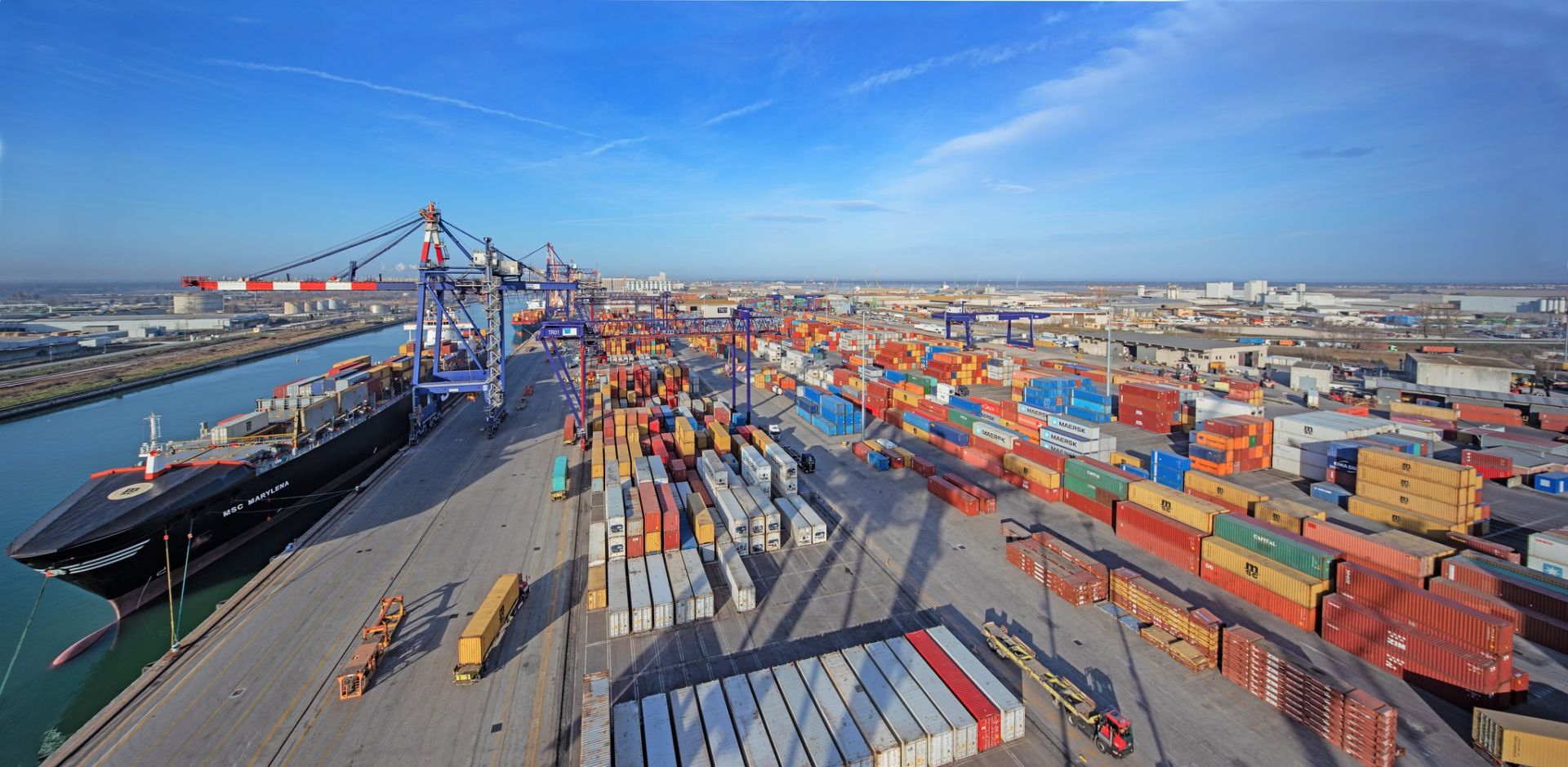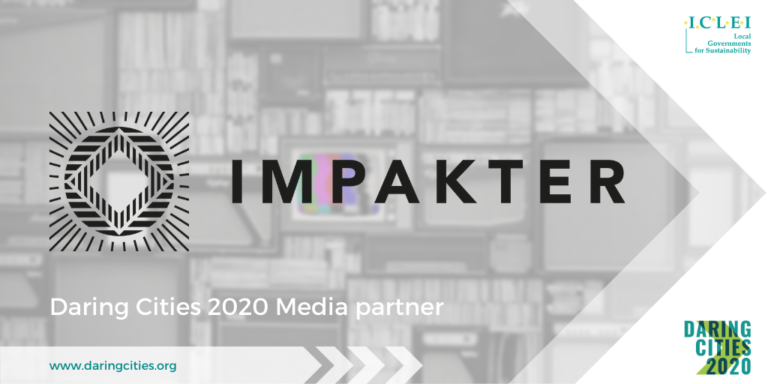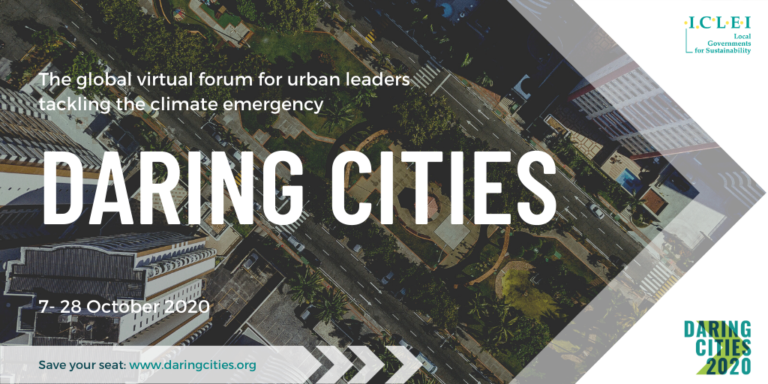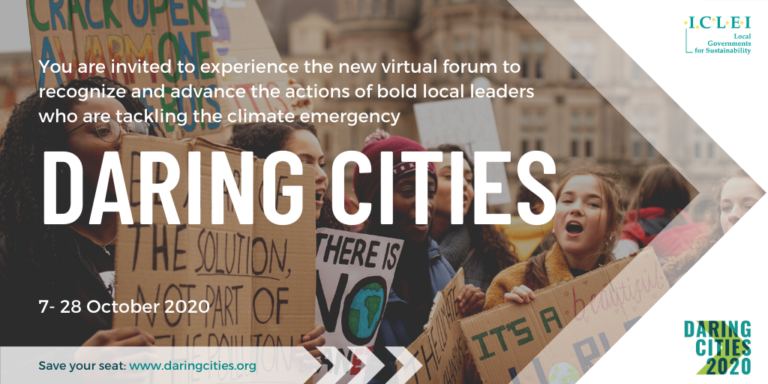Cities generate an estimated 75% of all global CO2 emissions and urban freight contributes up to 40% of these emissions. The industry’s environmental impact is only set to increase further as global freight demand is estimated to triple between 2015 and 2050.
This rise in demand for shipped goods has only been exacerbated by the COVID-19 pandemic, simultaneously emphasising the fragile — but essential — role freight plays in modern-day life. However, the industry’s growth also presents an array of unique urban challenges including increased congestion, air pollution, and traffic accidents.
In a bid to address these critical issues and outline a sustainable pathway for the future, ICLEI has produced the EcoLogistic Principles, a set of eight foundational principles designed to transform the freight industry into a low-emission form of transportation.
The Principles aim to promote sustainable, clean, efficient, and safe urban freight through collaborative efforts in engaging private stakeholders and empowering local governments across the world.
Related Articles: Empowering Local Leaders in the Fight Against Climate Change | Taxing Pollution, Not People
On Oct. 15, a variety of international leaders from both the private and public sectors attended an online forum for the official launching of these Principles, kickstarting an international and collaborative conversation on how possible it is to shape the rapidly growing industry in line with the UN Sustainable Development Goals (SDGs) and the Paris Climate Agreement.
The event marked the 9th day of informative webinars for ICLEI’s ongoing global forum Daring Cities. The first online gathering of its kind, Daring Cities is focused on empowering local cities and their leaders to take direct action in mitigating climate change.
Leading the way for the EcoLogistics Principles is the city of Taoyuan, the 2020 chair for the EcoLogistics Community. Its mayor, Cheng Wen-tsan, has made the landmark commitment to be the first city to adopt the principles to make urban freight sustainable.
Encouragingly, many of the approaches suggested in the Principles, such as the use of non-motorized and electric vehicles and integrating freight into land-use planning, have already begun in some cities, showcasing the motivation that already exists in many local governments to influence real change.
One example of this is Portland, USA, a city with a long-standing history tied to both the freight industry and climate action. Panelist Art Pearce, the Director of Policy Planning and Projects at the Bureau of Transportation for the City of Portland, explained that the interconnected nature between these two seemingly opposed aspects of city policy had enabled Portland’s successful approach.
One of the EcoLogistics Principles aims is to encourage circular and regional economies while limiting the impact of freight transport. As Pearce explains, the core drive in Portland is to support the local community by putting effort into helping the logistical needs of the local area, adding that, “small business is the cornerstone of economic health.”
How can private businesses that continue to prioritise profits be persuaded?
The panel discussion also touched on various key points regarding the implementation of the eight Principles, including how to overcome the challenge of sustaining and enhancing progress in the long run once sustainable approaches are implemented. When done right, both can improve the overall efficiency and performance of urban freight. But as one attendee questioned, “How can private businesses that continue to prioritise profits be persuaded?”
Panelist Nico de Golia, Associate for the Business for Social Responsibility (BSR) in San Francisco, USA, explained that momentum is the most powerful driving force. The difficulty being that businesses usually stick with the approach they have if it continues to work in their favour, unless new regulations require differently.
One effective way of combating this is derisking the sustainable solutions, encouraging businesses to make the leap without requiring them to put profit margins at risk. A successful example of this is the UPS’s trial run using cargo e-bikes to make deliveries in Seattle.
Also contributing to the panel was Shri. K.R. Jyothilal, the Principal Secretary for Transport for the government of Kerala State, India. Jyothilal took the opportunity to emphasise integration planning as paramount for increasing both road safety and freight efficiency. He also highlighted the increasing economic viability of alternative energy sources such as solar, proving that investing in sustainable urban freight can be beneficial for all.
One effective way of combating this is derisking the sustainable solutions, encouraging businesses to make the leap without requiring them to put profit margins at risk.
Despite all this, the question remains as to whether freight industry growth can ever truly be compatible with efforts to reduce global emissions. For instance, whilst maritime shipping has seen the CO2 emission intensity of individual cargos reduced by 40%, the global total of maritime emissions has risen significantly, undoing any progress made.
Only with transformative change can this be dealt with. Both de Golia and Jyothilal argue that a full transition to alternative fuel technologies is the best solution to this, as well as an integrated approach that considers process improvements to mitigate current issues whilst also preparing for the problems that may lie ahead.
—
For more information about the forum and registration, please visit Daring Cities 2020.
The full event program is available here.
Editor’s Note: The opinions expressed here by Impakter.com columnists are their own, not those of Impakter.com. — In the Featured Photo: A port in Ravenna, Italy. Featured Photo Credit: Contship Italia













